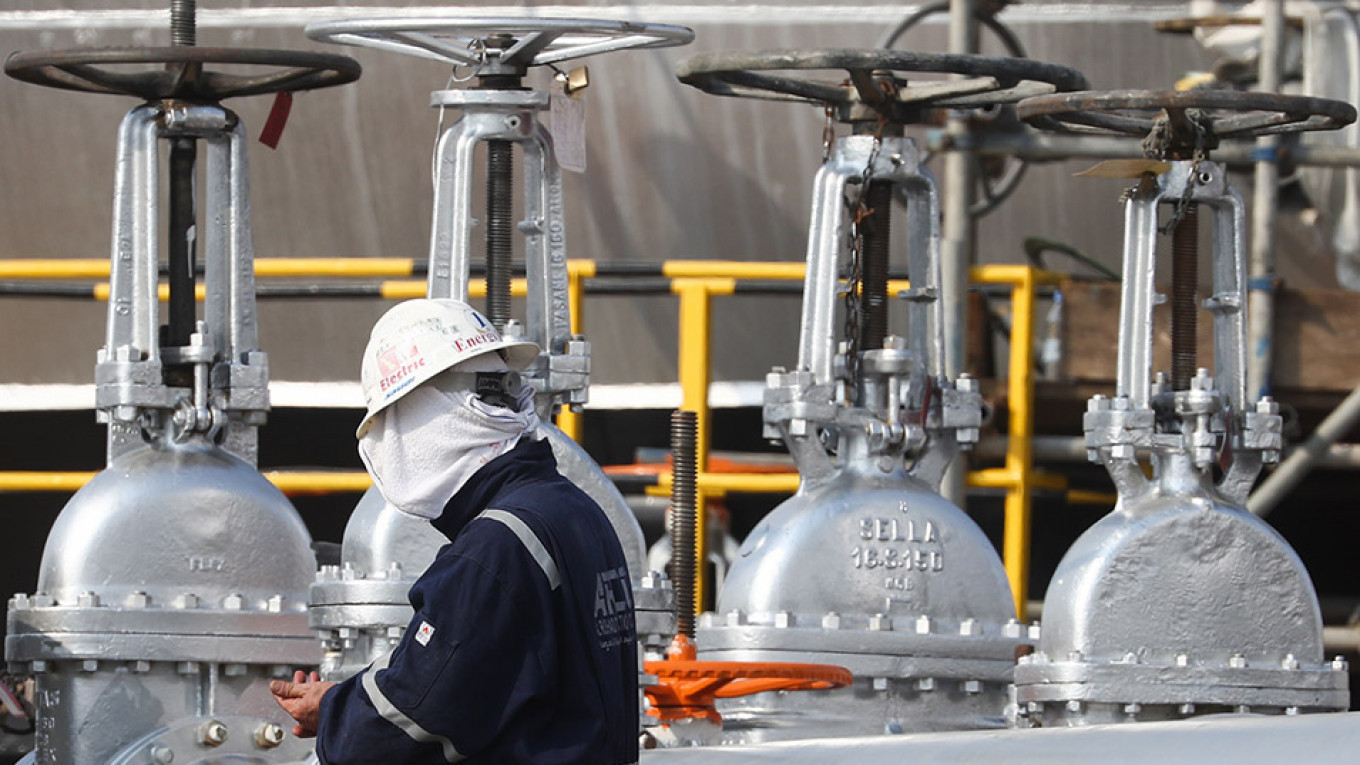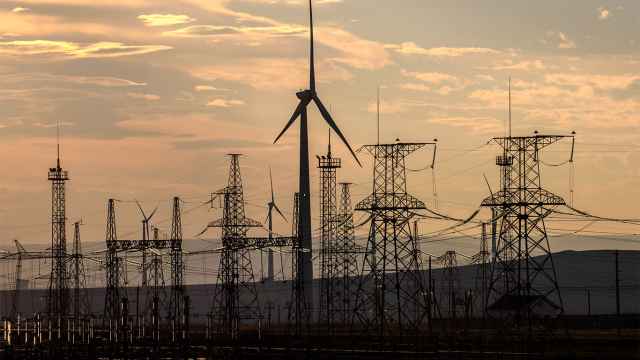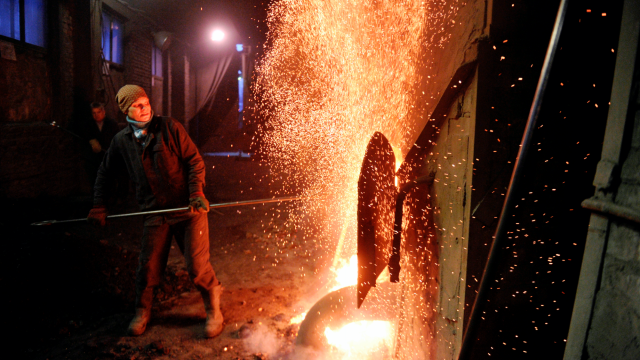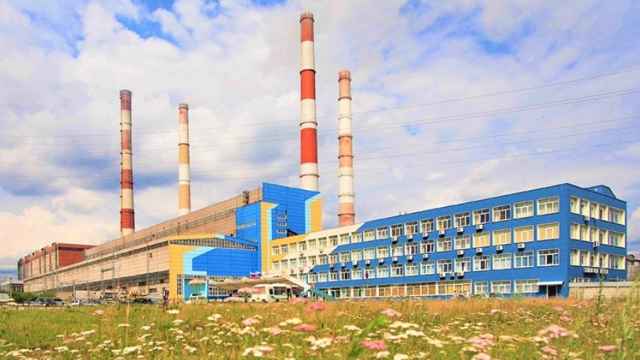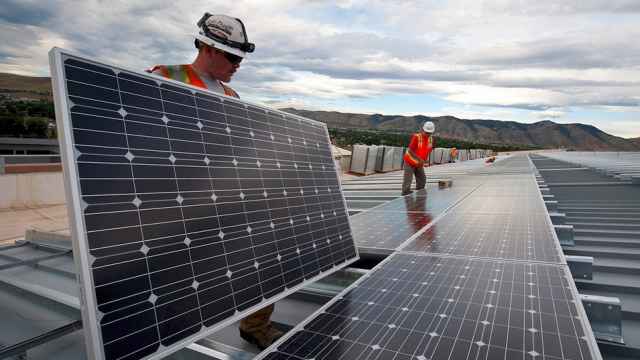Russia must prepare for major revenue losses brought by a global push toward renewable energy and subsequent fall in demand for fossil fuels, Finance Minister Anton Siluanov warned in an interview with Bloomberg on Thursday.
The rising share of renewables in the global energy market and carbon pricing measures could lead to “radical changes in the global energy balance,” Siluanov said, citing Finance Ministry models.
Russia is the world’s top energy exporter and its economy is heavily dependent on oil and gas, with revenues from oil and gas exports expected to comprise around 40% of Russia’s state budget in 2021.
But a looming carbon border tax in the European Union, Russia’s largest trading partner, is predicted to cost Russian exporters billions of euros per year. Russia's Central Bank has calculated that the tariff could affect more than 40% of Russian exports.
“We need to understand how we’ll replace falling revenues if these forecasts prove accurate,” Siluanov told Bloomberg.
Russian Economy Minister Maxim Reshetnikov last month slammed the EU’s plans to introduce a carbon border tax, calling the measure “protectionist.”
The EU is also pursuing a shift toward renewable energy as part of its decarbonization plans, with wind and solar power surpassing fossil fuels to become the bloc’s top power source last year. In contrast, wind and solar energy comprise just 1% of Russia’s power supply.
“[By 2050] there will be no more space for coal, very little room for oil and only a marginal role for fossil gas,” European Commission vice president Frans Timmermans said in a keynote speech in March 2021.
Russia has slowly woken up to the threat of climate change in recent years, with analysts saying external pressure — such as carbon taxes or rising environmental concerns among investors — is likely to be the biggest factor in pushing Russia to reduce its emissions levels.
Despite officials’ growing awareness of the threats of climate change, Russia plans to increase its fossil fuel production with an eye on the Asian market, where decarbonization efforts aren’t as advanced as in the EU. In May, Russia began construction of the massive Vostok Oil terminal in northern Siberia, which is expected to be the country’s largest Arctic oil terminal.
A Message from The Moscow Times:
Dear readers,
We are facing unprecedented challenges. Russia's Prosecutor General's Office has designated The Moscow Times as an "undesirable" organization, criminalizing our work and putting our staff at risk of prosecution. This follows our earlier unjust labeling as a "foreign agent."
These actions are direct attempts to silence independent journalism in Russia. The authorities claim our work "discredits the decisions of the Russian leadership." We see things differently: we strive to provide accurate, unbiased reporting on Russia.
We, the journalists of The Moscow Times, refuse to be silenced. But to continue our work, we need your help.
Your support, no matter how small, makes a world of difference. If you can, please support us monthly starting from just $2. It's quick to set up, and every contribution makes a significant impact.
By supporting The Moscow Times, you're defending open, independent journalism in the face of repression. Thank you for standing with us.
Remind me later.


